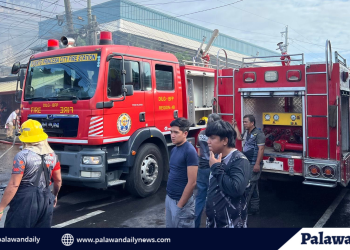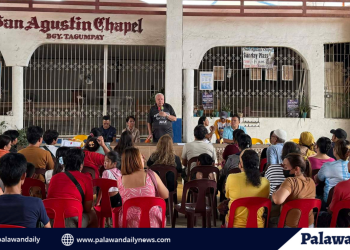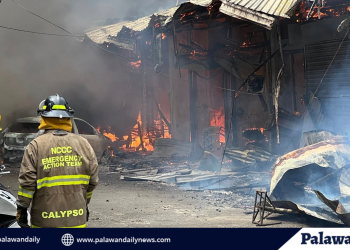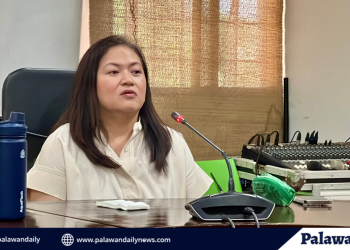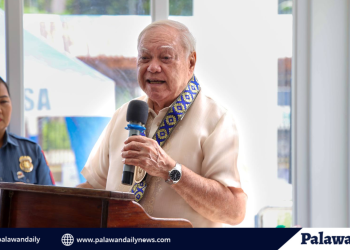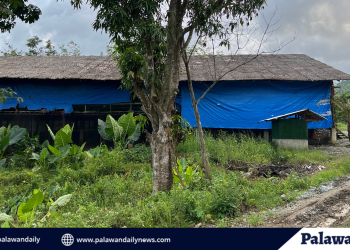The Catholic Church through the Apostolic Vicariate of Puerto Princesa (AVPP) expressed disgust against the alleged “ghost” or substandard flood control projects funded by the national government, a controversy involving billions of pesos of misused funds supposedly allocated for flood control infrastructures in the different parts of the country.
In a Pastoral Reflection titled, “Upholding Justice and the Common Good” released today, August 27, 2025, Bishop Socrates Mesiona described the situation as disturbing, and that national consciousness has been profoundly disturbed by reports of corruption.
He reminded the faithful that corruption does not do well since it is the cause of poverty which is prevalent in our country.
“Corruption is a dangerous phenomenon and a sin that has been the cause of our prevailing poverty.
We can and must appeal to and even demand that all government agencies tasked with combating corruption act with dispatch, impartiality, and the full force of the law. It is their duty to ensure that justice is administered and that those who have wronged the community are held accountable,” Mesiona declared.
He explained that the Catholic Church cannot stand idly by on this situation. He said that such flood control projects funded by public funds if implemented religiously and conscientiously could benefit a substantial number of people. Rather, it took away goods that rightfully belongs to the people.
“We cannot remain silent and unaffected when such blatant disregard for justice becomes normalized. When public funds, intended for the common good and the benefit of our communities, are diverted or misused, it constitutes a form of theft. It is an act of unjustly taking or keeping the goods of others – in this case, of the Filipino people. These resources are the people’s money, entrusted to public servants for the betterment of society, especially for the poor and the vulnerable,” the bishop said.
He also criticized the act of blatant display of possessions by those alleged officials and individuals involved in corruption while the ordinary people whom they stripped off public funds still wallowed in scarceness and destitution.
“What adds insult to injury is the brazen display of wealth by those who profit from corruption, living ostentatiously amidst the widespread poverty and suffering of so many. This immoderate love of riches and their selfish use is incompatible with Christian charity,” Bishop Mesiona explained.
Still, he draws hope in turning to God, emphasizing that people has to resort to prayer so that those who have engaged in corrupt practices will undergo a profound conversion of heart. He said that the injustice committed “requires reparation, and commutative justice demands the restitution of stolen goods.”
He further admonished the faithful as he urged them to “work towards a society where justice reigns, where public service is truly a service, and where the common good is prioritized above all selfish interests.”
This Pastoral Reflection issued by the local Catholic Church proves that they responded to the widespread poverty and inequality by getting involved in social justice issues, acting as a conscience for society when the government failed. Since then, the Church has played a crucial role as a moral compass, a source of inspiration for democratic values, and a catalyst for change specifically during at the height of the government’s anomalies.




